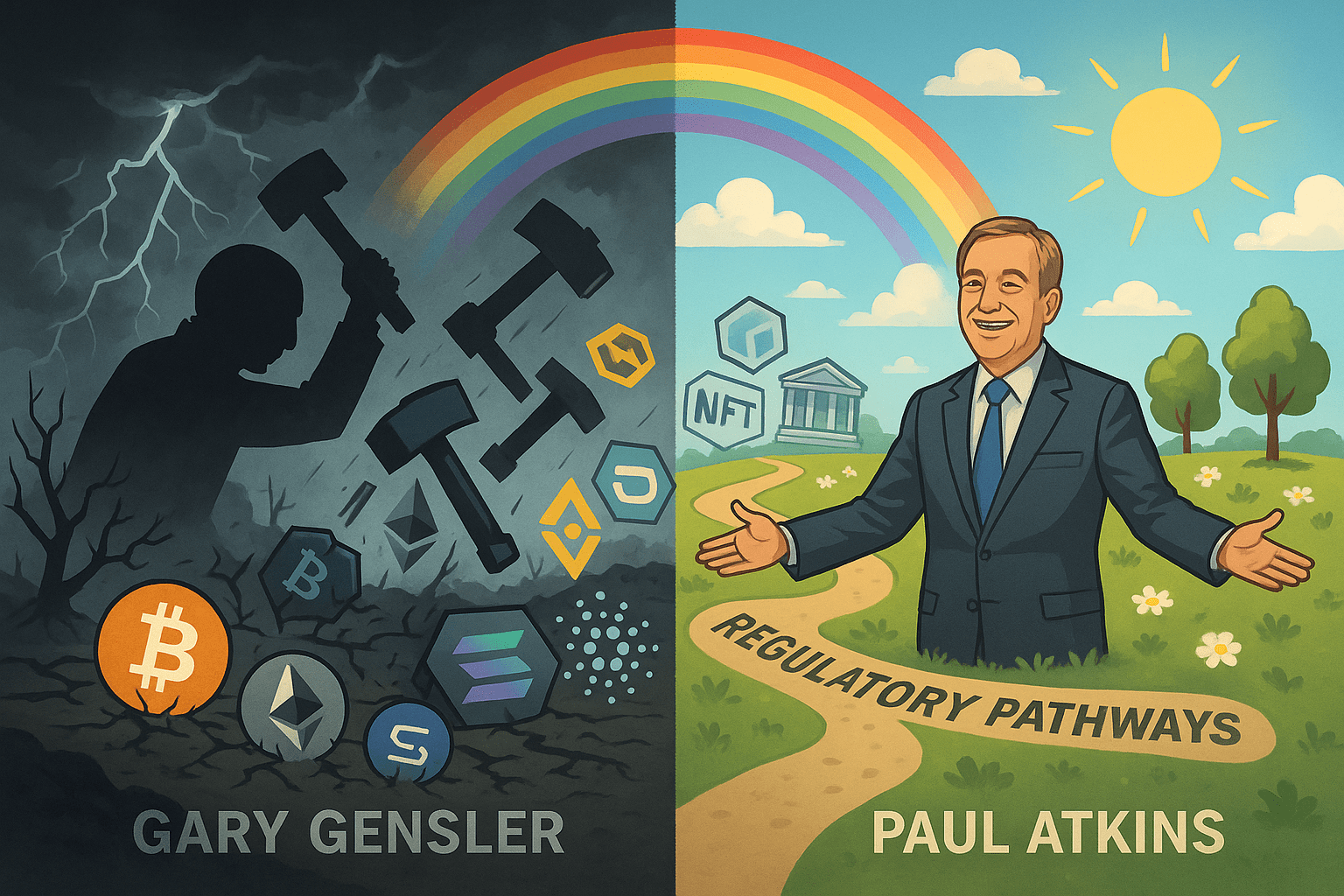
The latest statement from the new chairman of the U.S. Securities and Exchange Commission, Paul Atkins, has shocked the entire crypto world: "Most crypto assets are not securities," and the SEC will provide "clear and simple rules." This stands in stark contrast to the position of former chairman Gary Gensler, who stated that "almost all cryptocurrencies are securities," marking a historic turning point in U.S. crypto regulatory policy.
The five-year-long Ripple lawsuit has finally come to a close, marking the end of a case that was once seen as a benchmark for SEC enforcement. Atkins made it clear that the SEC will shift its focus from enforcement actions to establishing a clear framework, no longer defining regulatory boundaries through litigation. This shift from "regulating through enforcement" to "establishing rules before regulation" fundamentally changes the game.
The core of the new framework includes three major pillars: clear classification standards to help project teams determine whether they fall under securities; simplified registration processes to provide customized compliance pathways for projects that require regulation; and enhanced investor protection to prevent fraud risks while promoting innovation. This balanced regulatory philosophy protects investor interests while leaving ample room for innovation.
The market response has been extremely enthusiastic. After the news of the policy shift broke, major cryptocurrencies surged, adding hundreds of billions to their market capitalization. More importantly, many projects that had been stalled due to regulatory uncertainty have been restarted. The DeFi sector has especially benefited; this segment has lived in the shadow of regulation for the past few years, and can now innovate freely. The NFT market is also experiencing a resurgence, as the clarification of its legal status has removed barriers to its development.
The international impact cannot be underestimated. As a global financial center, U.S. regulatory policies have a powerful demonstration effect. The European Union, the United Kingdom, and Japan are closely monitoring U.S. developments and are likely to adjust their own regulatory strategies accordingly. This policy coordination will lead to a more unified global regulatory environment, beneficial for the cross-border development of cryptocurrencies.
Regulation of stablecoins will also see breakthroughs. The new framework will provide clear rules for the issuance and operation of stablecoins, which is crucial for digital payments and the DeFi ecosystem. Adoption by businesses is expected to accelerate as many traditional companies that have been cautious about cryptocurrencies were primarily concerned about regulatory risks; this concern is now being alleviated. The SEC's policy shift from strict enforcement to embracing innovation not only changes the fate of the U.S. crypto industry but also sets a new paradigm for global regulation.

